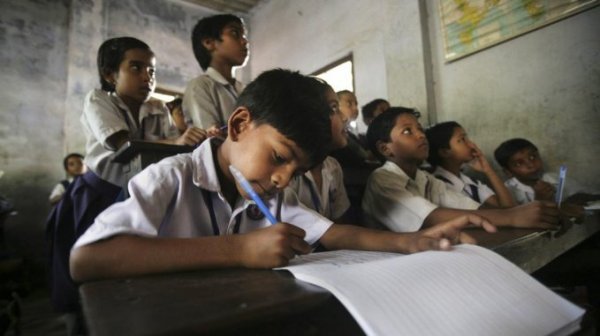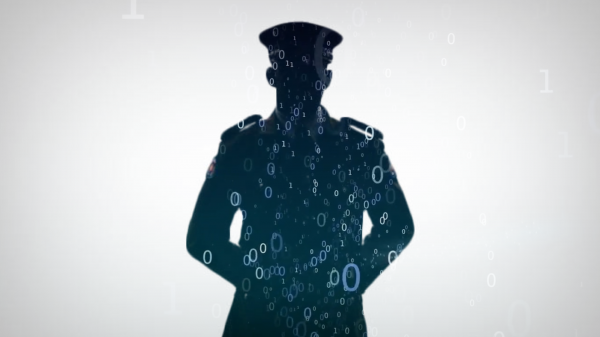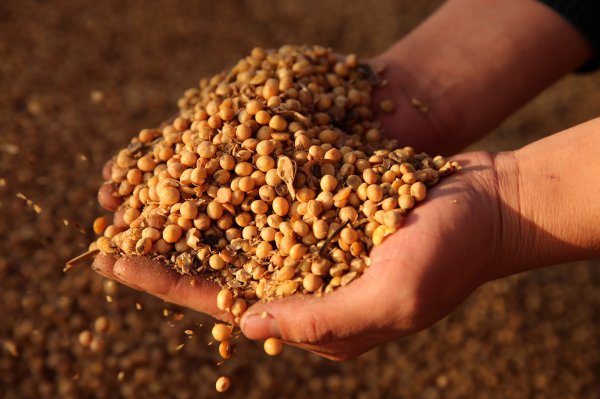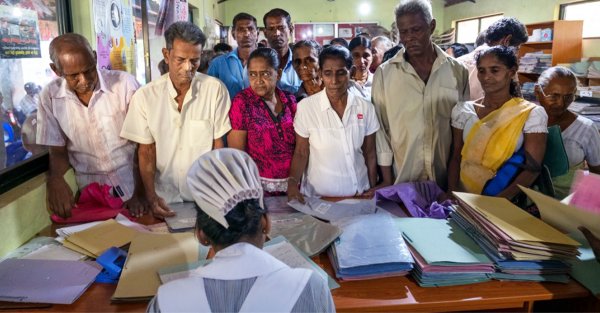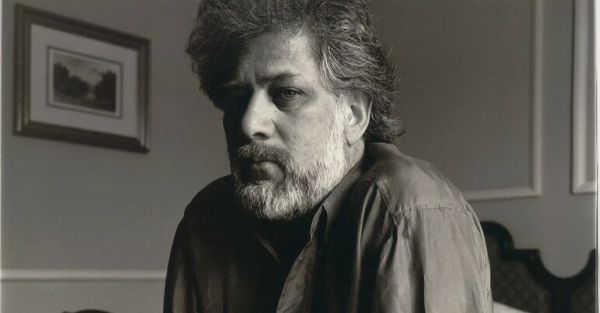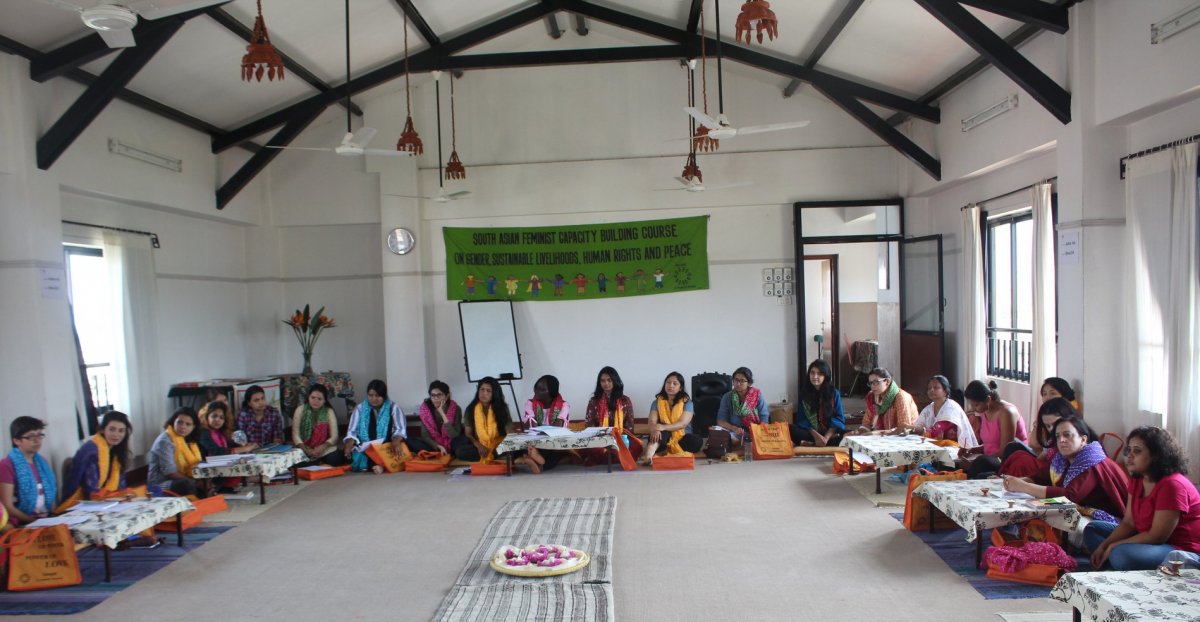
“Once, an adivasi [tribal] asked his mother, ‘What are the three most important things to you?’ The first, she said, is people. The second was people. And the third? Was also people. I agree with his mother — which is why I’ve spent the last 40+ years of my life doing this work.”
– Kamla Bhasin, at Sangat’s Month Long Course in Nepal, September 2018.
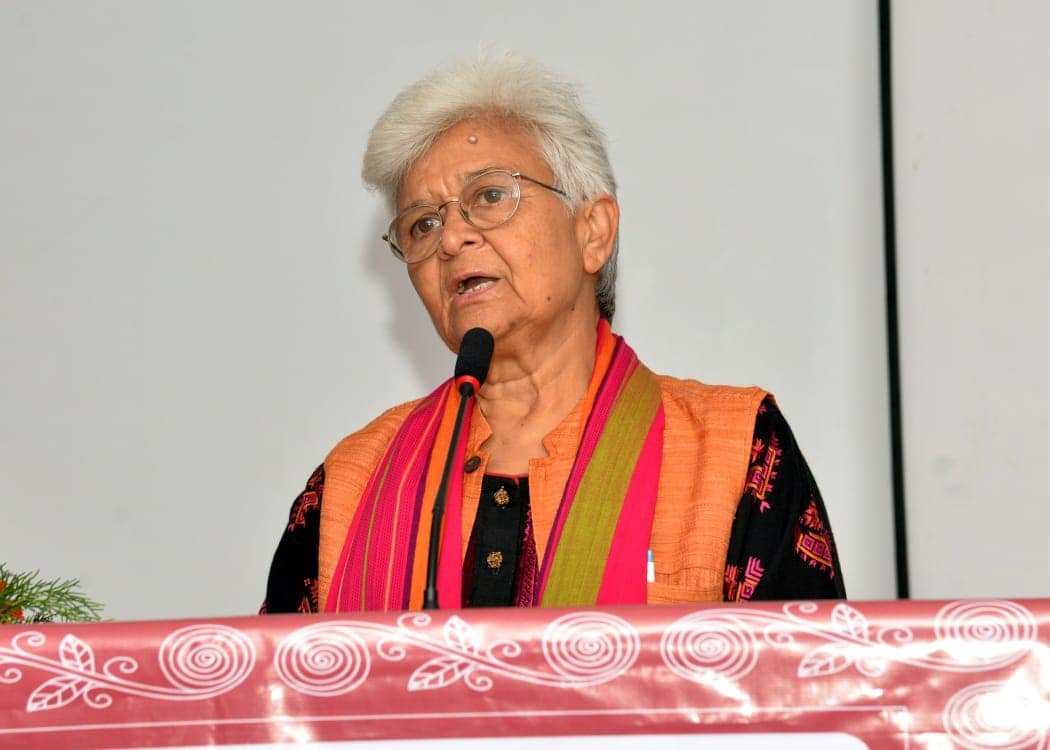
Bhasin has trained thousands of young people for nearly half a century.
Image credit facebook.com/SangatNetwork
For Kamla Bhasin, a well-known name amongst NGO and feminist circles, working towards equality was never something to be compromised on. Having conducted trainings and capacity building programmes for both men and women in government and non-governmental organisations, Bhasin has been working towards gender equality for decades now. She organised her first course in 1976, for people who bring about change in their professional capacity, while working with the United Nations. Nearly 20 years later, during a similar workshop in Bangladesh which included representatives from South Asian and European countries, Sangat, an organisation focused on connecting South Asians working in the development sector, was formed. This includes people working in NGOs, and the health, education, and media sectors.
Sangat’s founders included women and men from South Asia and Europe, and was created with the aim of expanding feminist gender training and advocacy. By 2002, Bhasin resigned from her job at the Food and Agricultural Organisation (FAO) and joined Sangat full time.
What It Means for South Asians—And Sri Lankans
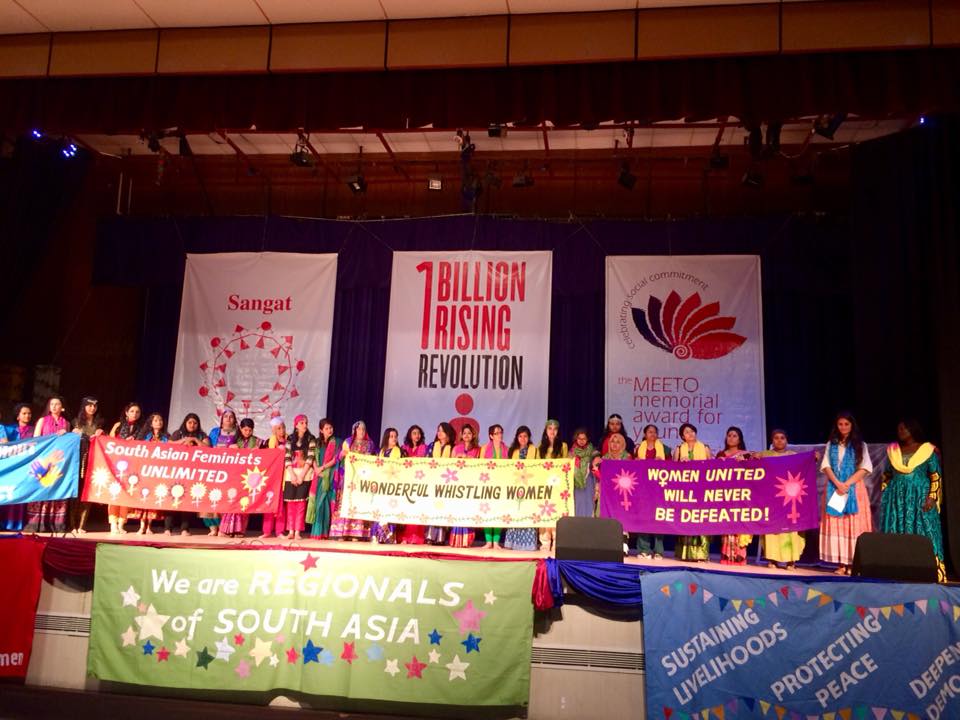
Participants of a month-long capacity building course, at the launch of One Billion Rising. Image credit: Facebook.com/SangatNetwork
Sangat initially connected activists from across South Asia. With a focus on capacity building and gender sensitisation, it consists of several intense residential programmes. This includes a two-week regional course, and a Month Long Course (MLC). The organisation also plays a larger role in the global women’s movement, and is affiliated with One Billion Rising—a campaign aimed at ending violence against women.
The MLC recently concluded in Nepal, and the One Billion Rising in South Asia for 2019 was launched during the same period.
What is impressive about the programme is how it makes an active and concentrated effort to shape minds and foster connections between citizens of countries that are on unfriendly terms. Picking neutral and easily accessible locations—like Nepal—ensures that participants from India, Pakistan, and Bangladesh can participate freely; something which may not be otherwise possible given the political history and visa restrictions between these countries.
For Maria Shamim, a journalist from Pakistan, the course was an eye-opener. “It has revolutionised the way I think about and interact with the world,” she said. “I’ve learned about looking at the world with a feminist lens, and about how deeply rooted patriarchy is in our societies. The more important thing is to recognise how patriarchy has been institutionalised, and to challenge the structural injustice against women.”
This includes creating women-friendly workplaces, and strong policies and action against sexual harassment.
In addition to picking people from across South Asia, Sangat also intends to reach out to the global south, connecting activists from the developing world. This year, the course included participants from Turkey and Sierra Leone, while the last few batches had participants from Indonesia and Palestine as well.
What it offers Sri Lankan women is an opportunity to network with—and learn from— people working in organisations that are far larger and experienced than many that are present within the island. It creates an opportunity to collaborate, especially as the pool of participants is varied, and includes academics, health professionals, journalists, researchers and more.
The sessions are not just about feminism and violence against women — topics include globalisation, climate change, advocacy and campaign building, gender and education, leadership and confidence building, sustainable livelihoods, class and caste systems, and power structures prevalent in South Asia. The course also serves to connect Sri Lankan professionals and activists with each other, and provide them with resource materials to work on in their respective fields.
The organisation’s core members and the advisory committee in Sri Lanka includes Kelaniya University’s Founder-Director of Gender Studies, Professor Maithree Wickremesinghe, researcher and co-author of Unequal Citizens, Hasana Cegu Isadeen, social science researcher Zainab Ibrahim, human rights activist Vasuki Jeyasankar, and the Women and Media Collective founder, Kumudini Samuel.
Similarly, the alumni include a number of independent researchers, entrepreneurs, authors, journalists, and human right activists as well.
For more information about the course and the organisation, visit their website here.


